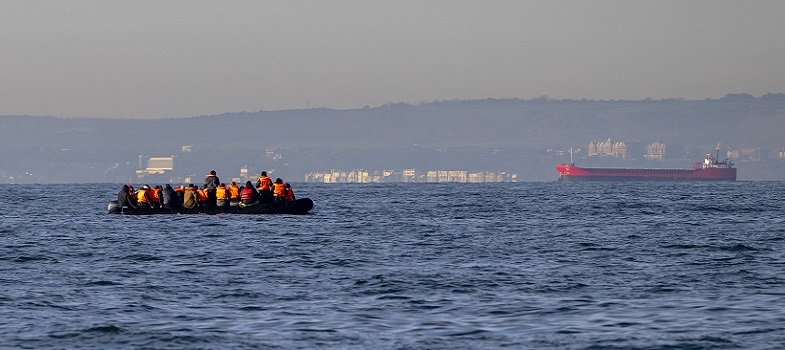Search and rescue of refugees at sea
1 What is search and rescue at sea?
Welcome to this course which aims to introduce you to international laws that govern maritime search and rescue (SAR). It also seeks to examine issues of wellbeing which might arise from working with traumatised people. It is designed for those who have an interest in the law of SAR at sea or may find themselves working on SAR operations.
Following this introduction, there are five main sections to study:
- Introduction to international law and the law of the sea.
- Migrants’ rights to leave their country by sea.
- Laws concerning maritime search and rescue.
- The practice of ‘pushbacks’ and how it raises human rights issues.
- Mental health risks when working with traumatised people.
Reflective and practical activities and videos are woven throughout the course to support your learning. By the end of this course, you will:
- understand international laws related to maritime search and rescue and human rights at sea
- understand potential risks to SAR workers’ wellbeing and strategies for self-care to address these.
Before moving on to the first section, take one minute to do the following activity to reflect on the starting point of your learning journey.
Activity 1: Reflection
As you begin this course, how would you describe your current level of knowledge of the international laws related to maritime search and rescue?
Discussion
You may be starting with little to no knowledge about the maritime SAR context. Or perhaps you may have some knowledge already and want a ‘refresher’. We have designed this course for those who have no or limited prior knowledge of maritime law.
